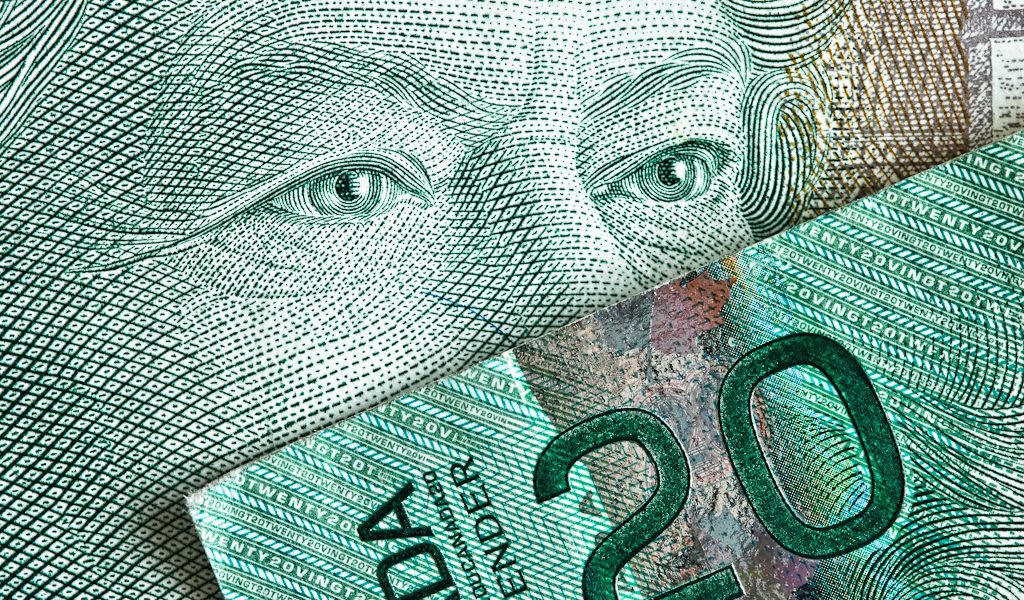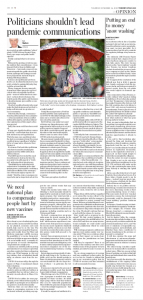This article originally appeared in The Toronto Star 🇨🇦
As an attorney who is also a Canadian national, I ply my trade as an international fraud lawyer and cross-jurisdiction asset recovery specialist. So it pains me when I am forced to consider the regulatory failings of my home nation.
The infamous 2016 Panama Papers leaks revealed that a legion of tax advisers had been using our country to help hide assets. The story became known as the “snow washing” scandal after Toronto tax lawyer Jonathan Garbutt described the process of making a company as clean as the “driven snow in the Great White North,” often by laundering funds through Canadian real estate.
As we approach the conclusion of the difficult year that is 2020, it appears that Canada continues to lack the rigorous checks and balances required to protect society from the con artists who would exploit its financial systems.
One commentator, Diane Francis, recently outlined why Canada is failing so badly here. Prior to that, she pointed out that Transparency International has ranked Canada at the bottom of all the G20 countries, due to its failure to meet G20 anti-money-laundering commitments. Francis placed some of the (political) blame for all this on what she called “self-righteous Liberals.”
I have no wish to make this post political: what matters is what has gone wrong and how we fix it.
“we must acknowledge that we are getting it wrong with regards to our anti-money-laundering protections”
First, we must acknowledge that we are getting it wrong with regards to our anti-money-laundering protections. Countering any form of financial crime is now a nightmare due to the realities afforded by the internet and the almost risk-free opportunities it affords to crooks.
If we add to this borderless playground the lying and cheating that takes place when fraudsters complete paperwork (and the use of “men of straw” to act as fake ultimate beneficial owners on registration documents), those in the regulated sectors have a major job on their hands simply to undertake meaningful due diligence.
From the outset, we must recognize that Canada is not on its own here. Other global heavyweights such as the U.S., U.K. and those who make up the EU are also combating the same problems. Nobody is winning this uphill battle.


